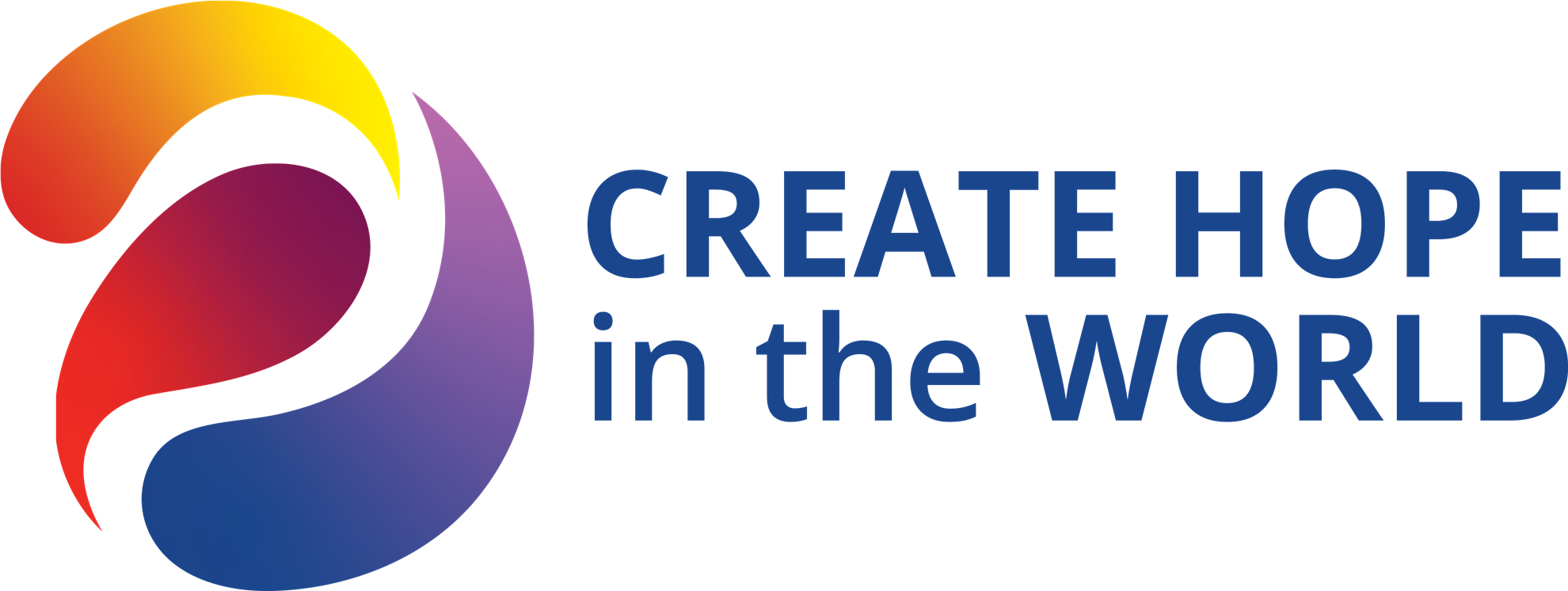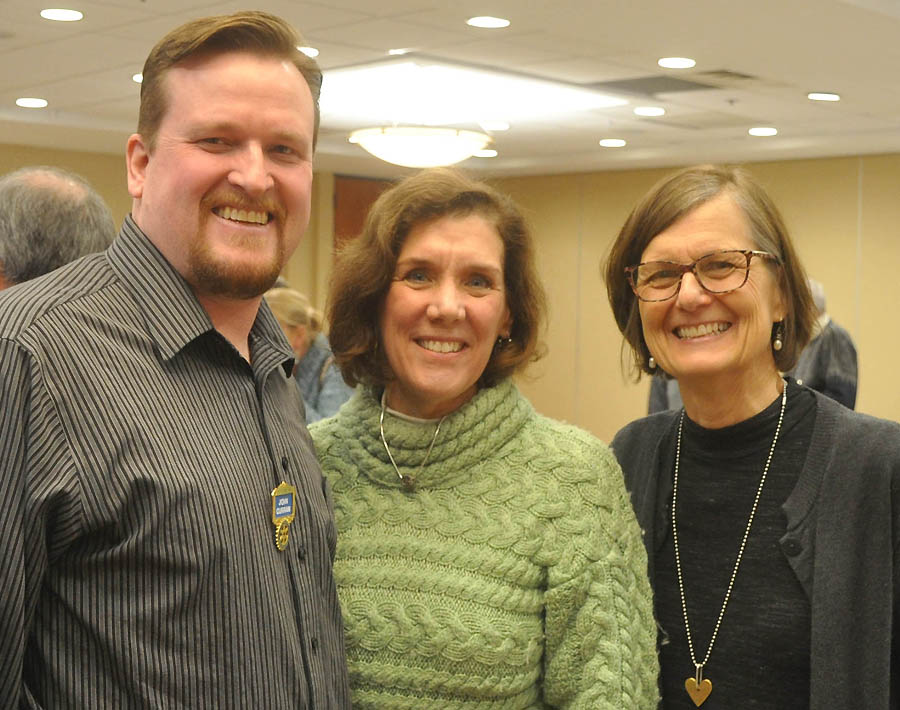Dr. Susan Miesfeldt first went to Africa with her daughter to volunteer in an orphanage. While there, through American Cancer Society connections, she established links with a number of cancer care providers throughout Tanzania. Her connections there have grown since that first trip.
She presented an overview about her dedication to helping the efforts of the Kilimanjaro Christian Medical Center (KCMC) and the Foundation for Cancer Care in Tanzania and included information about the barriers to cancer care provided by KCMC, the development efforts to solicit support for the program and the Rotary partnership to construct the KCMC Family Village.
In Tanzania, at least 35,000 new patients are diagnosed with cancer each year and, sadly, about 80 percent will die due to limited access to care. Cancer incidence is predicted to increase by 70% in the next 2 decades. Deterrents to receiving treatments are caused by the distance patients must travel to reach the cancer care centers and the high cost of transportation and housing.
To improve the situation for patients who need access to care, the Foundation for Cancer Care in Tanzania has a vision to partner with regional and international partners for the purpose of building a comprehensive and sustainable cancer care system in the Northern Zone of Tanzania focused on (a) lowering cancer incidence (b) reducing cancer mortality and (c) improving the quality of life.
Background information about the KCMC, located at the base of Mount Kilimanjaro, is that it was founded in 1971 by the Good Samaritan Foundation. The major referral hospital for a population covering over 15 million people in the Northern Zone of Tanzania. Although it is a large and growing complex, the hospital currently has 630 beds and 40 baby incubators. For education, the KCMC supports 1852 students, 1300 staff and 1000 visitors daily. It’s a world-class center for patient care, teaching and research.
Dr. Miesfeldt described the three phases of the cancer care facility: (a) an infusion center (b) an in-patient cancer center and (c) a Family Village.
A Family Village assessment demonstrated the need by evaluating the cost, distance and lack of transportation/housing as being documented barriers to cancer care in Tanzania. Studies show that at least 40% of children abandon their cancer treatment. There is a need to address these treatment barriers.
(Photo L-R: President John Curran, PDG Carolyn Johnson and Dr. Sue Miesfeldt.)

